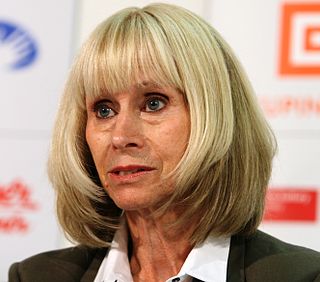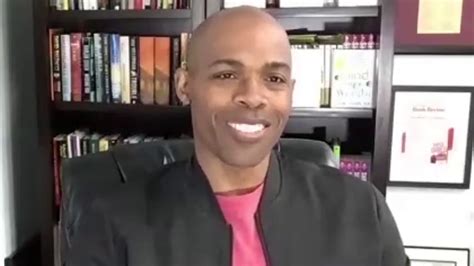A Quote by Noam Chomsky
In the early 50s in the US, there was what was called McCarthyism and the only reason it succeeded was that there was no resistance to it. When they tried the same thing in the 60s it instantly collapsed because people simply laughed at it so they couldn't do it. Even a dictatorship can't do everything it wants. It's got to have some degree of popular support.
Related Quotes
I was seduced by the nouvelle vague, because it was really reinventing everything. And the Italian cinema that one would see in the theaters in the late '50s, early '60s was Italian comedy, Italian style, which, to me, was like the end of neo-realism. I think cinema all over the world was influenced by it, which was Italy finding its freedom at the end of fascism, the end of the Nazi invasion. It was a kind of incredible energy. Then, late '50s, early '60s, the neo-realism lost its great energy and became comedy.
Social media is a way to make communication easier. Obviously some people misunderstand it, some people take it personally, and some people are in a constant fight to grow their engagement. They even become obsessed. They feel like they need to be popular on social media. The most important thing is: You've got to be secure in yourself. In order to have influence on other people, you've got to know who you are, first of all. The reason I get happy when I get more engagement is because that means I did something right in terms of my audience enjoying my content.
At most corporations if you make an acquisition and it turns out to be a disaster, all the paperwork and presentations that caused the dumb acquisition to be made are quickly forgotten. You've got denial, you've got everything in the world. You've got Pavlovian association tendency. Nobody even wants to even be associated with the damned thing or even mention it. At Johnson & Johnson, they make everybody revisit their old acquisitions and wade through the presentations. That is a very smart thing to do. And by the way, I do the same thing routinely.
It's the reason why so many people left Britain like I did in the mid 60s because Britain was exactly the same then as America is today, getting ready to redistribute social wealth and it didn't work. You've seen that in places like Greece, Portugal, Iceland, Ireland where the entire country's business has collapsed, gone bankrupt. That's where America is heading.
I used to be very interested in the history of women's rights in this country and in other countries. I tried to learn as much as I could about it, and more than anything, I would be called gay. It was phenomenal. But if a boy has something to say, he is appreciated; he's even popular. If a girl says something, it's instantly a threat.
In the '60s when I started to see everything I could see, you could see pretty much everything which was still available from the '30s, '40s, '50s, '60s, and therefore I had an education which was really large and vast in different cinema. That's probably the reason I did not fall for the New Wave. It's really the love of the movies that made me want to become a cameraperson, definitely. I was really a film buff.
There are certain records from the 80s and early 90s that you love because the songs are great, but you don't go to them as an example of great production. Over the last 20 years, myself and a lot of other musicians my age have tried to discover things in 50s, 60s, and 70s recording techniques that were lost or discarded. We've all been trying to crack this code. It's been an important period in the last 15 years, reclaiming some of those lost approaches to making records.






































